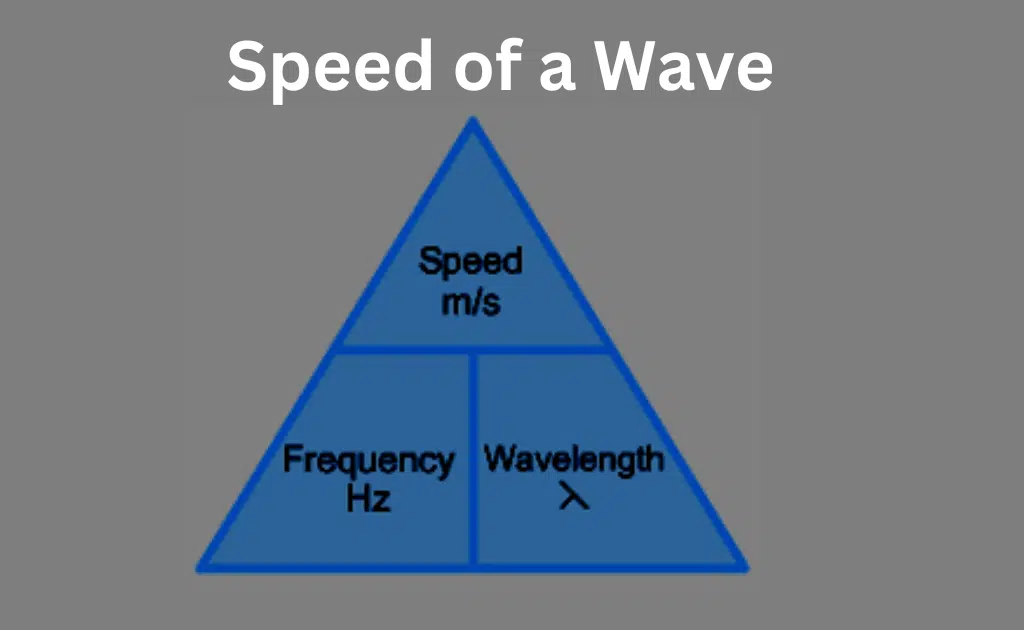Speed of a Wave-Definition And Variables Affecting It
A wave is a disturbance that propagates from one end of a medium to the other. If one observes an ocean wave flowing along the medium (the ocean water), one will see that the wave’s crest is shifting positions throughout a certain amount of time.
The crest is seen to travel a long way. The distance traveled divided by the time of journey serves as a common way to express an object’s speed, which relates to how quickly an object is traveling. The speed of a wave is the distance covered by a specific wave point (such as the crest) in a specific amount of time.
Depending on the Medium
Most waves move at varying speeds depending on the medium. In general, waves move through solids and gases at different speeds. This is due to the fact that particles are more closely spaced in solids than they are in gases. The energy distribution takes longer to move from one particle to another across the medium when the particles are more apart.
Speed of a Wave
The amount of space a wave covers in a certain amount of time, such as the number of meters it covers in a second, is known as its wave speed.
V=fλ
The speed of an ocean wave is 3 m/s if the wave’s crest covers 30 meters in 10 seconds.
On the other hand, if the ocean wave’s peak moves 40 meters in 10 seconds, then the wave is moving at a pace of 4 meters per second. This leads us to the conclusion that the quicker wave travels farther in the same period.

There are instances when a wave encounters both the end of one medium and the presence of another medium.
Let’s use a slinky as an example to further comprehend this. A person will start a wave inside the slinky, which will go through it and eventually end up at the other person’s hand at the end of the slinky. Reflection is one of the behaviors that waves go through at the medium’s end.
A wave that is reflected simply reverses its direction of travel while remaining in the medium. The slinky wave has gotten twice as far. This wave reflection phenomenon is frequently seen in sound waves. You frequently hear the echo of your shout when you cry out loud in a canyon.
Variables Affecting Wave Speed
In general, waves move through solids and gases at different speeds. This is due to the fact that particles are more closely spaced in solids than they are in gases.
Four variables affect a wave’s speed:
- The wavelength
- Frequency
- Medium
- Temperature






Leave a Reply